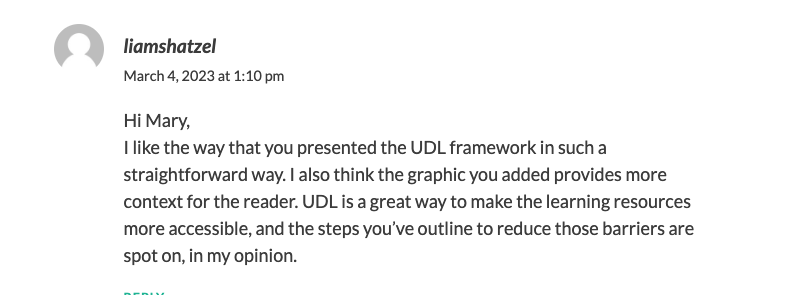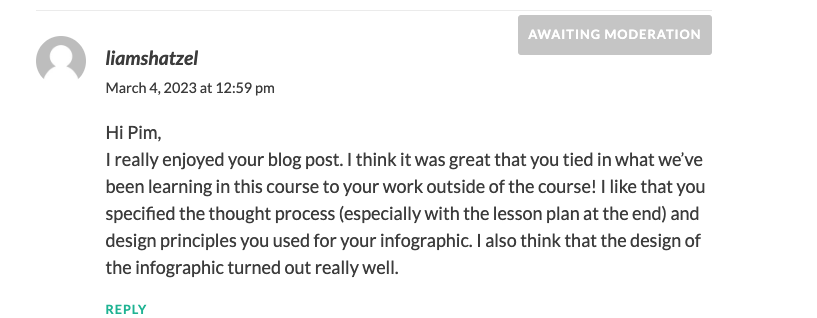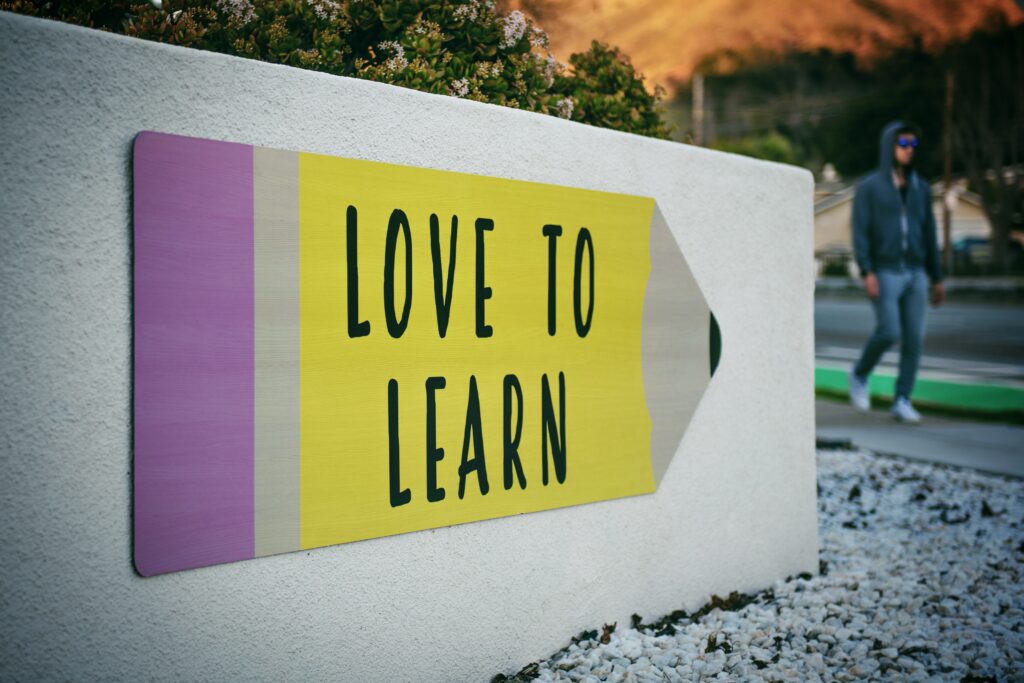




Put simply, inquiry-based learning is centred around the student investigating a topic on their own. This approach allows the student to come to their own conclusions and understanding about the material they are learning, with some guidance from an instructor. It is often times used in the context of scientific ideas as they are often more suited for open-ended questions, Colburn (2000) defines inquiry-based learning as “inquiry … refers to the activities of students in which they develop knowledge and understanding of scientific ideas.” In the case of this blog post, inquiry-based learning not only extends to scientific ideas but to all types of learning.

In a more applied context, an inquiry-based curriculum might have a structure, similar to the one outlined by Wolpert-Gawron (2016). The first step starts with the student developing a question that they want to investigate further. The student researches the topic and then comes back to present what they’ve learned. They then reflect on the process.
Over the past summer, I was able to experience inquiry-based instruction, firsthand. Working as a student researcher in the Computer Science department at UVic. I was tasked with creating and publishing a poster on my research by the end of the summer. The whole research process was an inquiry-based one, in that I would learn and research new things and then iron out any misconceptions and ask follow-up questions in weekly meetings with my advisor. I really enjoyed learning this way and felt that it help strengthen my understanding of the concepts I was researching.
After doing more readings for this blog I actually found that research is one of the main domains that inquiry-based learning is applied to. Inquiry-based learning usually works best for the following topics as outlined by Guido (2017):
On the other hand it is typically not suited for things like math or procedural subjects as trying to make students figure out a procedure (i.e. subtraction when learning math) on their own would “drain time and cause confusion” (Guido, 2017). Further more when using inquiry-based learning design both the teacher and the student may face challenges. Firstly, teachers face the challenge of having to guide students without explicitly telling them the correct answer or giving them too many hints, as doing so would prevent students from gaining their own understanding of the subject. Second, for students, it can be challenging as they have to stay curious about their topic long enough to explore it and gain an understanding of the material.

My learning pod’s Interactive Learning Resource is based on teaching programming concepts. Therefore, I believe an inquiry-based approach would not be best suited to teach students programming. As mentioned above, inquiry-based learning works best for open-ended research questions or case studies where less structure is required. When it comes to a topic like programming, which is such a broad field with so much information to offer about it, it is often best to have a structured approach and a set curriculum to learn about the concepts. This creates structure for the learner and keeps the content from being too overwhelming.
References:
Colburn, A. (2000). An inquiry primer. Science scope, 23(6), 42-44. https://www.studentachievement.org/wp-content/uploads/An-Inquiry-Primer-1.pdf
Guido, M. (2017, January 19). What Is Inquiry-Based Learning: 7 Benefits & Strategies You Need to Know. Prodigy Education. https://www.prodigygame.com/main-en/blog/inquiry-based-learning-definition-benefits-strategies/
Queens University (n.d.). Inquiry-Based Learning. Queens U Centre for Teaching and Learning. Retrieved February 10, 2023, from https://www.queensu.ca/ctl/resources/instructional-strategies/inquiry-based-learning
Wolpert-Gawron, H. (2016, August 11). What the Heck Is Inquiry-Based Learning? Edutopia. Retrieved February 11, 2023, from https://www.edutopia.org/blog/what-heck-inquiry-based-learning-heather-wolpert-gawron
In this first blog post, I’d like to share my best learning experience, which also happened to have behaviorism, cognitivism and constructivism incorporated into it.
I vividly remember the excitement I had when I boarded the plane to start my exchange semester in Germany. I had been practicing my German for months to bring it up to speed in preparation for this trip. Upon arriving in Germany, it didn’t take me long to realize that my learning had just begun.

Thinking back on this experience I found that I had been through what Ertmer and Newby (2013) describe as the “behaviorist-cognitivist-constructivist continuum.” I had been learning German casually for a couple of years before my trip, in more of a behaviorist manner. I used flashcards and Duolingo to learn lots of vocabulary. I really enjoyed Duolingo because I felt that it had enough stimulus to keep me engaged thus creating the association between getting the correct answers and levelling up in the app. At some point though, I felt like I had hit a plateau especially because I had beaten all of the levels on Duolingo. This experience was well stated by Ertmer and Newby (2013) who wrote “behavioral principles cannot adequately explain the acquisition of higher level skills or those that require a greater depth of processing” in other words, I needed to find another way to improve my German further.
This was especially true as the opportunity to go on an exchange to Germany presented itself. I jumped at the offer but knew it was time to get serious about my language learning. This was when I stepped into the cognitivism phase. I found a german tutor who was able to help me realize where I had gaps in my knowledge. As a native german speaker, my tutor was able to provide me with analogies and explanations for certain idioms and phrases that flashcards or Google translate could not explain. She also helped me by guiding me through assessments in order to see where my learning gaps were. This was when I realized I really needed to practice my verb conjugations and she helped me set goals and create a plan in order to improve in this area. I definitely felt the ability of cognitivism to “…allow[] for unfamiliar information to be put within a familiar context” (Ertmer & Newby 2013) the contextualization of words and phrases, especially being mapped to my native language, greatly helped my understanding.

The final leg of my learning journey started when I first landed at the airport in Germany. I was greeted by the unfamiliar sounds of chatter, in a language, I didn’t fully understand. Being fully immersed in a new culture while everyone around me was speaking german, brought my overall literacy to the next level. This is where I really found myself “situating in real-world contexts” (Ertmer & Newby 2013) and where most of my fluency in German came from. Thinking back, I now realize that the constructivism approach was at play here; although my trip wasn’t formally structured around a german learning curriculum, I learnt more than I ever had just by playing an active role as the learner.
Although it was a long process, this was definitely my best learning experience, lasting over months of practice and culminating in a full immersion approach. After doing the readings for this week and reflecting on my own experiences, I realized the power that the constructivist approach has.
Citations:
Ertmer, P. A., & Newby, T. J. (2013). Behaviorism, cognitivism, constructivism: Comparing critical features from an instructional design perspective. Performance improvement quarterly, 26(2), 43-71
© 2026 EDCI 335 Blog
Theme by Anders Noren — Up ↑
Recent Comments